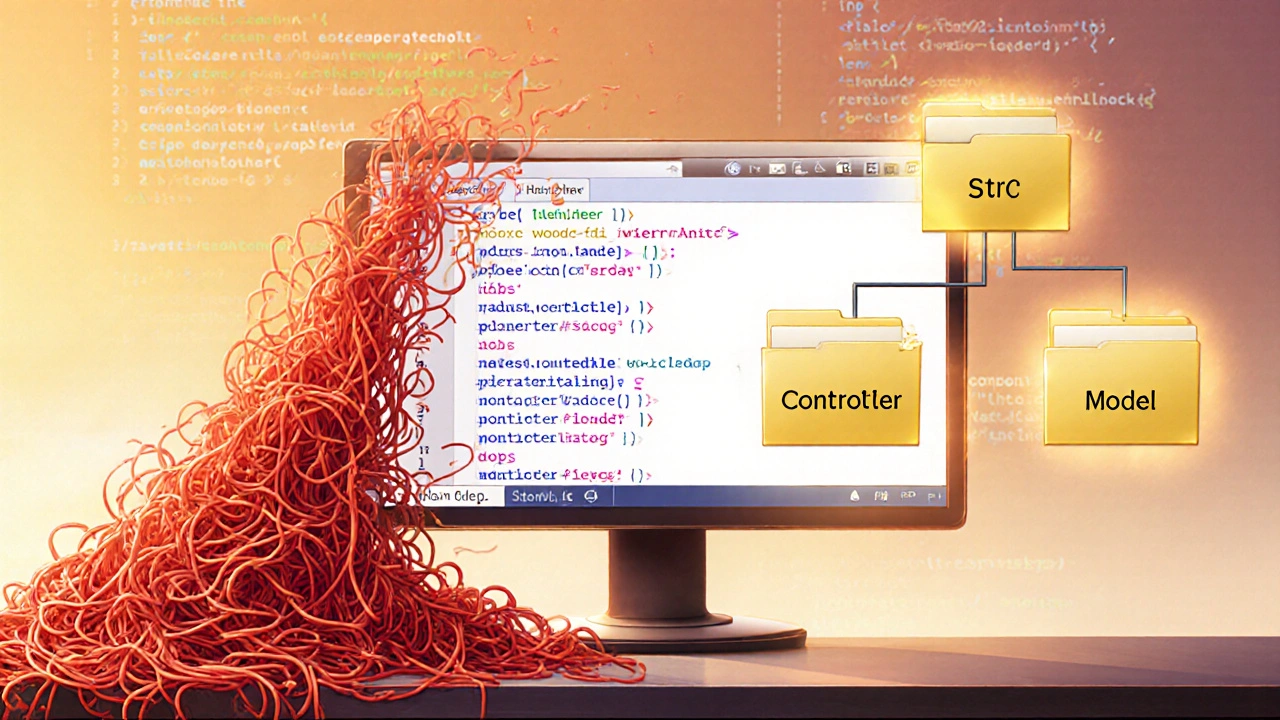Best PHP Practices – Your 2025 Guide
When working with PHP, a server‑side scripting language that runs on millions of sites. Also known as Hypertext Preprocessor, it lets developers build dynamic pages quickly and efficiently.
Following these best PHP practices will keep your code clean, fast, and secure. One of the biggest shifts came with PHP 8, the latest major release featuring JIT compilation, union types, and improved error handling. Performance Optimization, techniques like opcode caching, efficient I/O handling, and profiling become far more effective when paired with these new language capabilities. At the same time, Security Best Practices, such as input sanitization, use of prepared statements, and strict type enforcement are essential to protect against injection attacks and data leaks. Modern development also leans on Modern PHP Features, like attributes, named arguments, and typed properties which streamline code readability and reduce bugs. In short, best PHP practices encompass performance optimization, require security discipline, and are empowered by modern PHP features.
Key Areas to Master
Start by upgrading any legacy codebase to PHP 8; the performance boost alone can cut response times by 30 % in typical web apps. Next, integrate a profiling tool such as Blackfire or Xdebug to spot bottlenecks—this is the practical side of performance optimization. When you refactor, apply strict types and leverage attributes to replace doc‑block annotations; these modern PHP features make your intent clear to both the interpreter and future developers. Security best practices should be baked into your CI pipeline: automate static analysis with Psalm or PHPStan, enforce prepared statements via PDO, and always validate external input with filter_var or a dedicated library. Finally, adopt a testing mindset—unit tests, integration tests, and mutation testing together ensure that performance tweaks never break functionality.
All of these concepts are reflected in the articles below, where you’ll find step‑by‑step guides, real‑world examples, and tool comparisons that bring each practice to life. Dive in to see how you can apply these techniques to your projects right now.

- Oct 7, 2025
- Maxwell Sterling
- 0 Comments
PHP Tricks: Step-by-Step Guide to Better Coding
Discover practical PHP tricks to write cleaner, faster, and more secure code. Follow a step-by-step guide covering Composer setup, PDO, PSR standards, Xdebug, testing, and performance tweaks.
